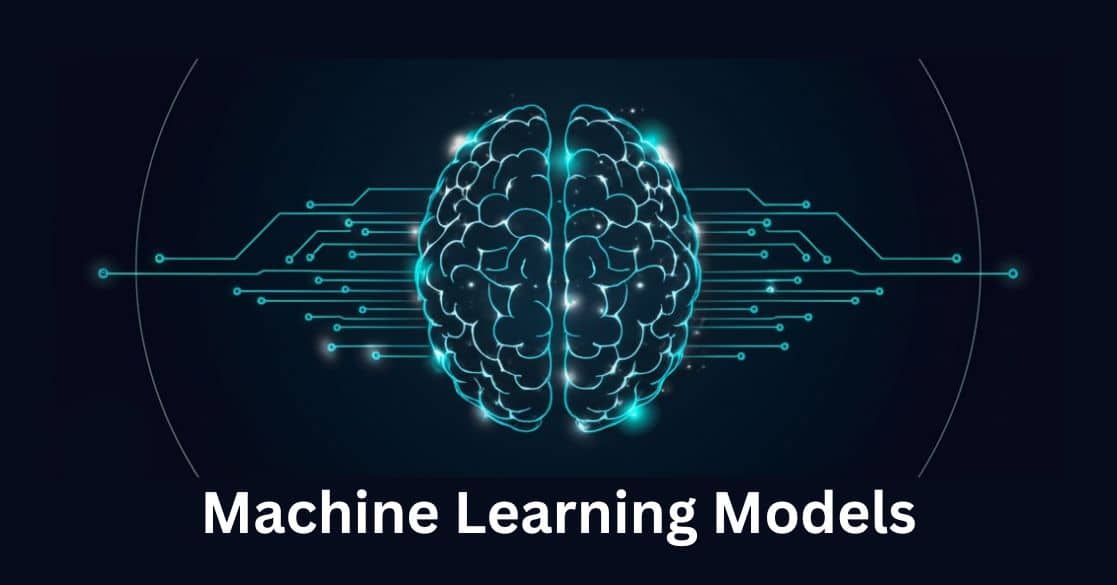In today’s data-driven world, businesses are increasingly relying on advanced analytics and decision-making to gain a competitive edge. Data mining, a powerful technique that uncovers patterns and insights from large datasets, plays a crucial role in extracting valuable information for making informed business decisions.
In this article, we will explore several innovative data mining projects that have revolutionized the field of advanced analytics and decision-making. These projects have had a significant impact on various industries, enabling organizations to drive business success, improve customer experience, and optimize operations.
What is Data Mining?
Data mining, also known as knowledge discovery in databases (KDD), is a process that involves extracting valuable patterns, insights, and knowledge from large datasets. It is a field of study that combines various techniques from statistics, machine learning, and database systems to analyze and discover patterns, correlations, and relationships within data. Data mining allows organizations to uncover hidden information and make data-driven decisions. By applying algorithms and statistical models, data mining enables the exploration and interpretation of complex datasets to extract meaningful patterns and trends. Learning data mining projects and their techniques are essential for individuals seeking to enhance their analytical skills and gain a deeper understanding of data. In the context of advanced analytics and decision-making, data mining plays a crucial role in transforming raw data into actionable insights, enabling organizations to gain a competitive edge and drive business success.
- Customer Segmentation and Personalization
One of the most impactful data mining projects is customer segmentation and personalization. By leveraging data mining techniques, businesses can categorize their customer base into distinct groups based on demographics, behavior, and preferences. This segmentation allows for the delivery of personalized marketing campaigns, tailored product recommendations, and customized customer experiences. For instance, Amazon utilizes customer segmentation to provide personalized product recommendations, resulting in increased sales and customer satisfaction. This project’s impact lies in enhancing customer engagement, fostering loyalty, and ultimately driving revenue growth.
- Fraud Detection and Prevention
Fraud detection and prevention is another critical area where data mining has made a significant impact. By analyzing patterns and anomalies in large datasets, organizations can detect fraudulent activities and take preventive measures. Financial institutions, for example, employ data mining algorithms to identify suspicious transactions and flag potential fraud cases. This proactive approach to fraud detection saves businesses from financial losses and safeguards their reputation. The impact of this project extends beyond monetary benefits, as it fosters trust and confidence among customers, leading to long-term relationships and brand loyalty.
- Predictive Maintenance in Manufacturing
Predictive maintenance using data mining techniques has transformed the manufacturing industry. By analyzing sensor data and historical maintenance records, organizations can predict equipment failures and schedule maintenance proactively. This approach eliminates unplanned downtime, reduces maintenance costs, and optimizes resources. For instance, General Electric used data mining to predict jet engine failures, resulting in significant cost savings and increased operational efficiency. This project’s impact lies in minimizing disruptions, improving productivity, and ensuring smoother operations.
- Sentiment Analysis and Social Media Mining
In the era of social media, sentiment analysis and social media mining have become invaluable for businesses. Data mining algorithms can analyze social media data to understand customer sentiment, opinions, and trends. Organizations can gain insights into public perception, assess brand reputation, and make data-driven decisions to enhance their marketing strategies. For example, airlines utilize sentiment analysis to track customer feedback on social media platforms and address concerns promptly, thereby improving customer satisfaction and brand loyalty. The impact of this project is evident in improved customer engagement, targeted marketing campaigns, and proactive brand management.
- Market Basket Analysis and Cross-Selling
Market basket analysis, a data mining technique, uncovers associations between products frequently purchased together. By analyzing transaction data, businesses can identify cross-selling opportunities and optimize their product offerings. This project helps organizations increase sales revenue by suggesting relevant products to customers during the purchase process. Retail giants like Walmart use market basket analysis to recommend complementary products, resulting in higher average transaction values and increased customer loyalty. The impact of this project lies in boosting sales, improving customer experience, and maximizing revenue potential.
- Churn Prediction and Customer Retention
Churn prediction using data mining techniques enables organizations to identify customers who are likely to leave or discontinue their services. By analyzing customer data and behavior patterns, businesses can take proactive measures to retain valuable customers. Telecom companies, for instance, employ churn prediction models to offer targeted promotions, personalized discounts, and improved customer service to prevent customer attrition. This project’s impact lies in reducing customer churn, increasing customer lifetime value, and maintaining a strong customer base.
- Supply Chain Optimization
Data mining plays a vital role in optimizing supply chain operations. By analyzing historical sales data, market trends, and supplier performance, organizations can optimize inventory levels, streamline logistics, and improve demand forecasting accuracy. This project helps businesses reduce costs, minimize stockouts, and enhance customer satisfaction through efficient supply chain management. For example, Amazon utilizes data mining algorithms to optimize its logistics and inventory management, enabling faster deliveries and better customer service. The impact of this project is evident in improved operational efficiency, reduced lead times, and increased profitability.
- Healthcare Analytics and Predictive Diagnosis
Data mining has significant implications in the healthcare industry, enabling predictive diagnosis and personalized treatment plans. By analyzing patient data, medical records, and genomic information, healthcare providers can identify patterns and make accurate predictions about diseases and treatment outcomes. This project empowers medical professionals to offer personalized care, make informed decisions, and improve patient outcomes. For instance, data mining is used in cancer research to predict tumor behavior, leading to targeted therapies and improved survival rates. The impact of this project is evident in enhanced healthcare delivery, better treatment outcomes, and the potential for early disease detection.
- Fraudulent Insurance Claims Detection
Insurance companies face significant challenges in detecting fraudulent claims. Data mining techniques can analyze claim patterns, historical data, and risk factors to identify suspicious claims and prevent fraud. This project helps insurance providers minimize losses, reduce fraudulent activities, and ensure fair pricing for policyholders. The impact of this project extends beyond financial benefits, as it promotes trust, fairness, and sustainability in the insurance industry.
- Energy Consumption Analysis and Optimization
Data mining enables the analysis of energy consumption patterns and helps organizations optimize energy usage. By analyzing historical energy data, businesses can identify inefficiencies, patterns of high consumption, and potential areas for optimization. This project empowers organizations to make data-driven decisions, reduce energy costs, and improve sustainability efforts. For example, smart grid technologies leverage data mining to analyze energy usage patterns and optimize electricity distribution. The impact of this project is evident in cost savings, environmental sustainability, and improved energy efficiency.
Conclusion
Innovative data mining projects have revolutionized the field of advanced data analytics and decision-making. The impact of these projects extends across various industries, from personalized customer experiences to optimized operations. Through projects such as customer segmentation, fraud detection, predictive maintenance, sentiment analysis, market basket analysis, churn prediction, supply chain optimization, healthcare analytics, fraudulent claims detection, and energy consumption analysis, organizations can unlock the power of their data and gain valuable insights. Embracing innovative data analytics courses allows businesses to make informed decisions, enhance operational efficiency, and drive sustainable growth in the era of data-driven decision-making.
Also Read:









